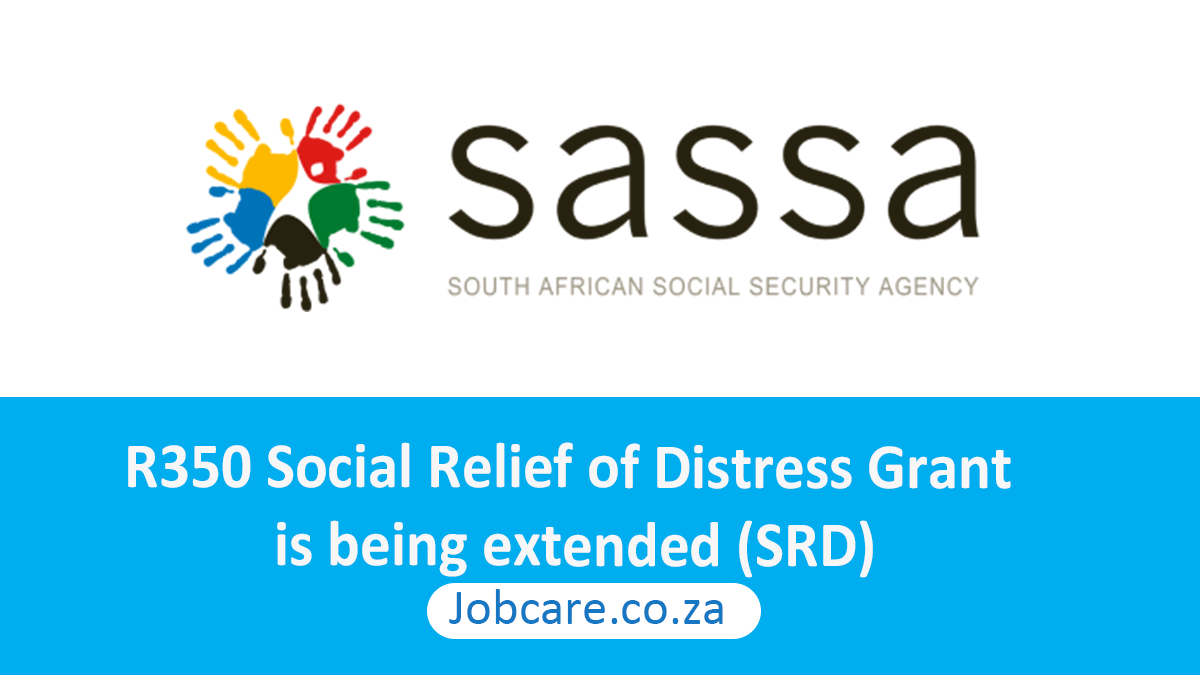R350 Social Relief of Distress Grant is being extended (SRD)
Presenting his medium-term fiscal policy statement to parliament, Godongwana said:
“The SRD grant was introduced in May 2020 as a temporary measure to meet the needs of the most vulnerable people affected by the lockdown measures. It has been renewed many times since then. Discussions about the future of funding are ongoing and involve very difficult funding decisions and trade-offs.
R350 Social Relief of Distress Grant is being extended (SRD)
But millions of people who used to receive benefits have not received them since April, as approvals from the South African Social Security Administration (SASSA) plummeted.
SASSA said the number of people approved for benefits fell from 10.9 million in March to just under 4.8 million in April.
The number of requests also dropped dramatically during this time period, from nearly 15.8 million requests in March to 8.1 million in April. Applications and approvals have both increased since March but are still well below the 10.5 million limit set by the Department of Social Development (DSD). In August, the number of applications was just over 12 million and the number of approvals was 7.4 million, SASSA said in response to a congressional question.
The Institute for Economic Justice (IEJ) expressed concern about this drop. In a presentation earlier this month, co-founder Neil Coleman said that since March, nearly a third of the SRD subsidy budget has gone unused.
Coleman says overspending is a real problem because “these subsidies are aimed at the poorest South Africans, on the brink of poverty and hunger.” He said the reason for the sudden drop in approvals was the R350 resource threshold that excluded many potential beneficiaries, the bank’s strict verification requirements, and the fact that applications could only be made available through the online system.
A budget cap of 10.5 million approvals was introduced by DSD in March. DSD’s budget for 2022/23 for the R350 grant is R44 billion, providing 10.5 million monthly allowance payments. This is despite DSD figures showing 13.4 million people have no income and 18.3 million people live below the food poverty line R624 per month.
The subsidy eligibility threshold was raised to R624 a month in August after civil society organization Black Sash, represented by the Center for Applied Legal Studies (CALS), sued DSD Minister Lindiwe Zulu goes to court to challenge “unfair” and “arbitrary” regulations. ” that leaves millions of recipients without benefits. Hoodah Abrahams-Fayker, Black Sash’s national advocacy director, told GroundUp that despite the changes to eligibility criteria, there is evidence “the enforcement of the regulations still excludes millions of people in need of assistance. level and that is by design”.
“There are still millions of people who need social assistance,” said Mr. Abrahams-Fayker.
Several civil society organizations, including Black Sash, YEI, CALS and others, have called on the government to grant the grant in perpetuity and increase it to at least R624.
In a press release published today, Black Sash was flooded with calls from people asking how to prove their eligibility.
Applications are done online
Black Sash said: “It is disappointing that this funding is not reaching the people most in need due to administrative challenges, strict eligibility criteria, outdated databases leading to disqualification. incorrect denials, late payments, and delayed review and appeals”. DSD or SASSA have not received answers to GroundUp’s questions about the denial of approval at the time of publication.

